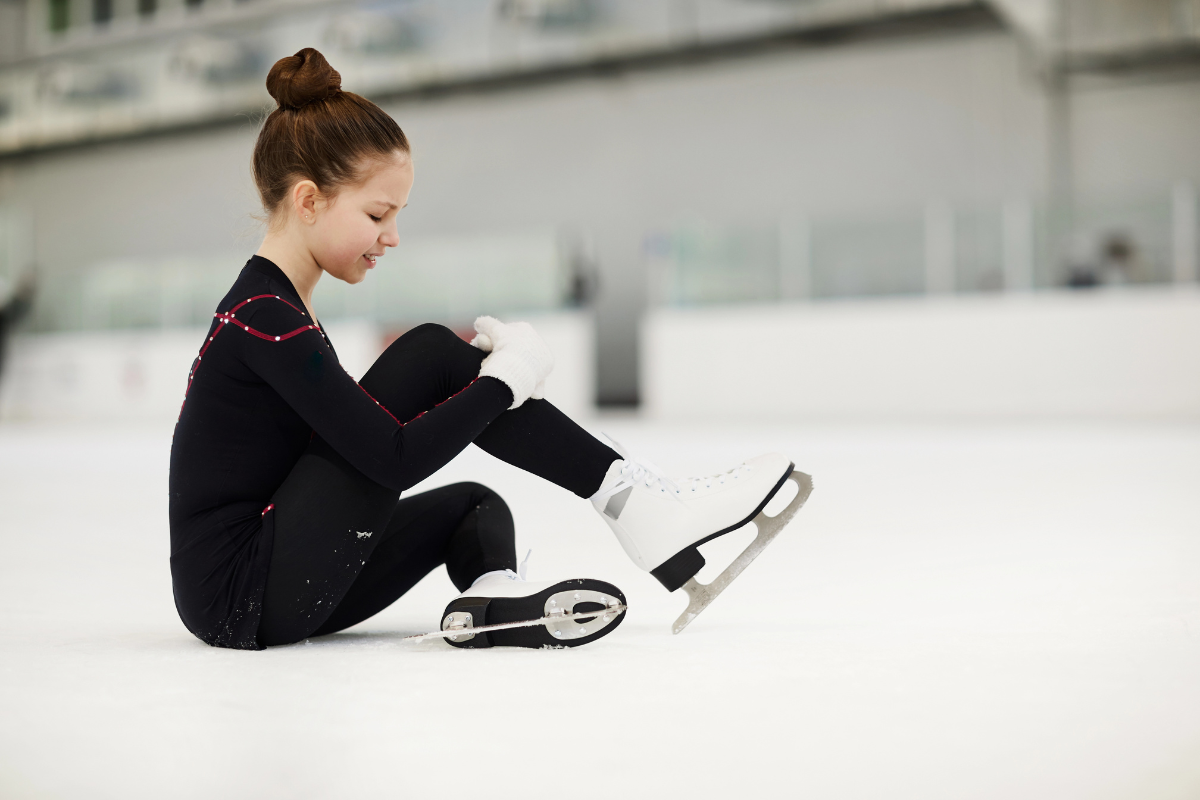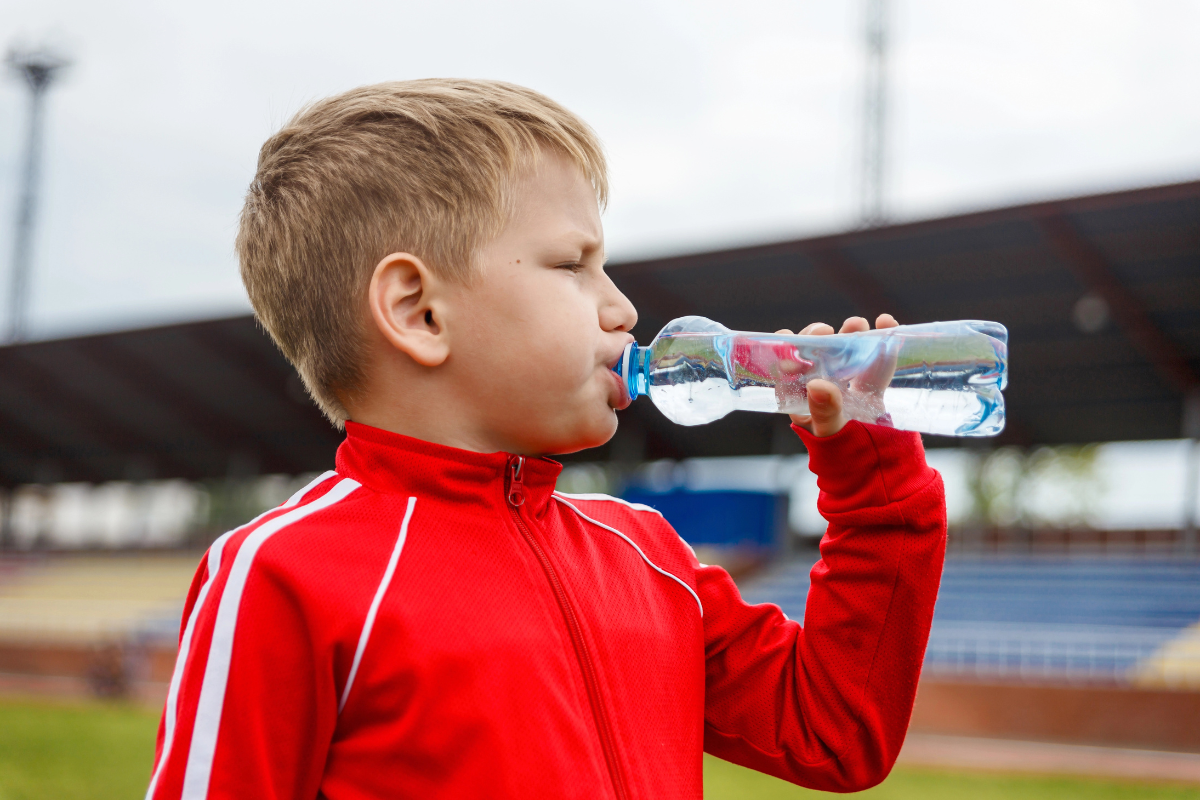
Overuse Injuries in Children’s Sports: What Parents Need to Know
Learn how to recognize and prevent overuse injuries in young athletes. SportsSafe in Austin offers expert care to keep kids active, safe, and injury-free.

We are glad you found us!
The diagnosis of a mild traumatic brain injury (aka mTBI or concussion) can be very overwhelming and frightening for the child or teen and his/her parents. Because of this, we welcome and expect many questions during concussion visits in our office, and during the recovery process. We consistently strive to answer these questions thoroughly, and with reassurance that they are not the first person to ask certain questions and have certain fears. Patient and parent questions accumulated over the years have allowed us to develop great information resources, which we have pooled together in the SportsSafe blog. Our advice typically comes from either our providers’ experiences in caring for children and teens with mTBI’s, or from other reputable blogs and pediatric resources. These are not limited to, but may include: American Academy of Pediatrics parenting website, CDC’s Head’s Up, Brainline.org, ImPACT’s concussion care resources.
If you have suggestions of topics you’d like us to address on the blog, please email provider@sportssafecbb.com. We’d love to hear from you.

Learn how to recognize and prevent overuse injuries in young athletes. SportsSafe in Austin offers expert care to keep kids active, safe, and injury-free.

Learn how proper hydration boosts energy, prevents injuries, and enhances performance for young athletes. Get expert tips from Sports Safe in Austin, TX!

There are a few key differences in the brains of children and adults that….

A concussion is a type of TBI (traumatic brain injury). They can be referred….

A concussion is any injury to the brain that changes the way your brain works…

Today we want to talk about what the vestibular system is, how it…..

During concussion recovery, your provider will likely recommend….

What are the most common injuries in youth soccer players?….

Sleep after a concussion is vital to brain healing and symptom management…..

Second Impact Syndrome is a type of brain injury that has devastating….

Parents may find the subject of screen time limitations just as daunting, if…..

Omega-3 fatty acids are essential to our body. The 3 main types are ALA…..

Concussions are very prevalent among children and adolescents, especially….

Concussions are a significant brain injury that impact every part of a ….

While no helmet will prevent your child from getting a concussion…..

Soccer is the leading cause of sport related concussion….

There is never a good time to get a concussion, but before or….

Over the years recommendations have changed considerably….

Concussions affect all aspects of life and can be so frustrating….

What is Convergence Insufficiency? Convergence insufficiency is a….

Summer is in full swing here in Austin, Texas! We hope you and your family….


Fact – Loss of consciousness occurs only a small percent of the time with…..

Fall sports are starting and now is a great time to get your child’s….

Mouth guards are worn in many contact sports with the main goal of….